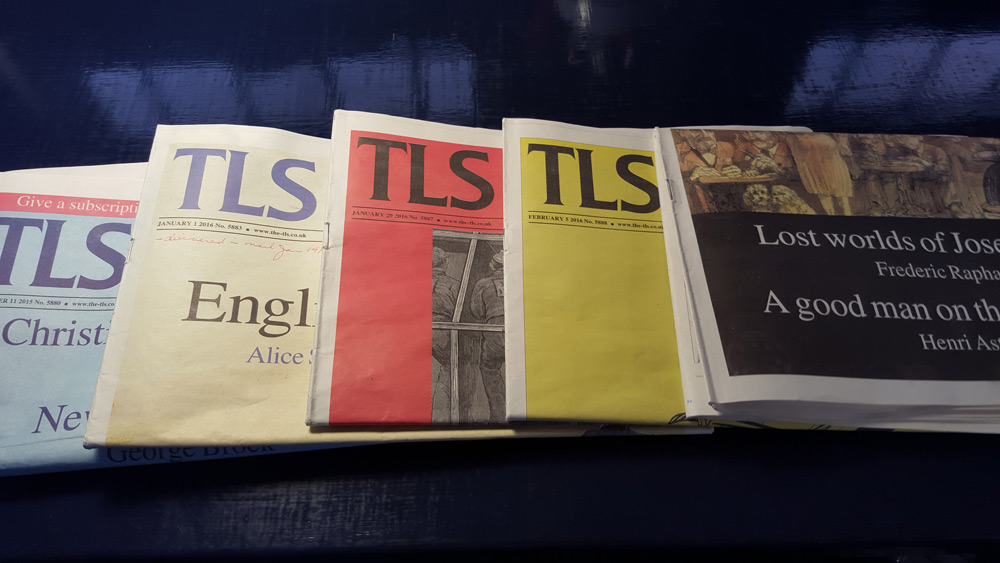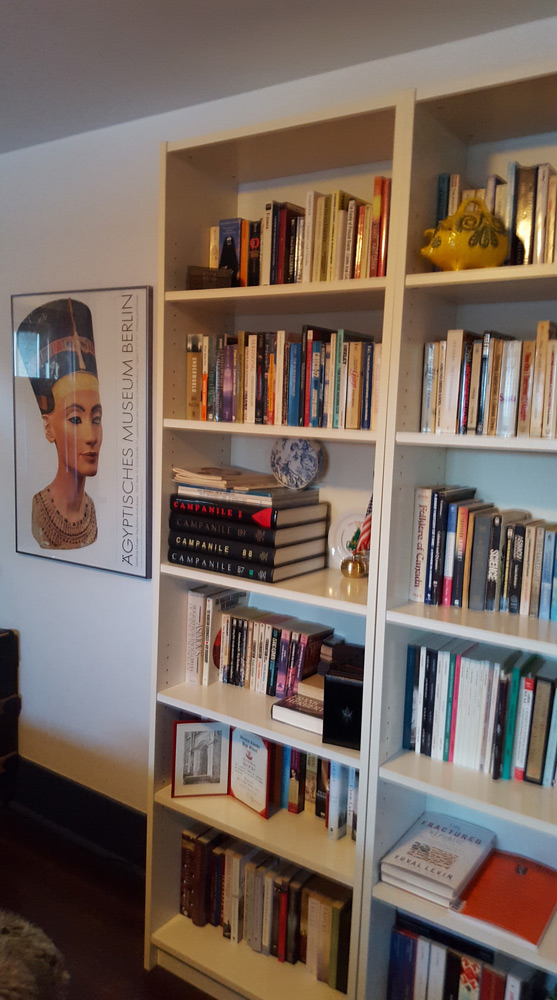Real news about reading
Why do we read? For Galileo, the Greek philosopher, it was a way of having superhuman powers; for Kafka, the Hungarian writer, the “axe for the frozen sea within us”; for Carl Sagan, the American astrophysicist, “proof that humans are capable of working magic”; for James Baldwin, the American writer, a way to change one’s destiny; and for Nobel laureate Wislawa Szymborska, our ultimate frontier of freedom. Heady stuff, but all true, with the very weight of the observations attesting to their truth.
Planting the seed
There’s no easy way to become a reader, but there are ways to plant the seed and nurture its growth. From the very beginning, read to your babies and surround them with books—all kinds of books because there’s no such thing as a bad book for children—and take them to the library to be physically surrounded by a “wilderness of books” in Thoreau’s words. And, of course, lead by example: If they see Mom and Dad reading, the odds go way up that they will become readers, too. If you don’t read, why expect your children to cultivate a habit not part of the family’s culture?
Sparking the brain
When you’re young, read anything and everything. But as you mature, so should your choice of books become more discriminating. And good books are good for you. Researchers at Liverpool University found that reading Shakespeare and other classical writers benefited the mind by engaging the reader’s attention, leading to self-reflection. Using scanners, they monitored brain activity as volunteers read Shakespeare, Wordsworth, T.S. Elliot and others in their original text and then in a modernized version of the text. The more challenging original text set off far more electrical activity in the brain than did the modernized version, a wonderful, but not surprising result for this reader.
An interesting finding was that poetry, in particular, increased activity in the right hemisphere of the brain, the area concerned with “autobiographical memory”, shining the light of what they read onto their own experience to enlighten future choices. Which means literature is more helpful than self-help books and pulp fiction, how-to guides and seven steps to success. And it is so much more enjoyable!
Philip Davis, an English professor who has worked on the study with the university’s magnetic resonance centre, said, “Serious literature acts like a rocket-booster to the brain. The research shows the power of literature to shift mental pathways, to create new thoughts, shapes and connections in the young and the staid alike.” (“Classics are rocket-boosters to brain,” by Julie Henry, The Telegraph, reprinted in Calgary Herald, January 19, 2013)
Enriching your work life
But reading not only enriches your personal life, it enriches your work life, too. Readers make better workers because they bring to the job, along with the specialized knowledge of their career field, a broader knowledge of how humans work.
In our knowledge-based economy, that’s a big benefit, especially as they are likely to have the communication skills to convey that knowledge to others in the workplace. With the lack of literacy fluency in many students, a command of the language and a breadth of knowledge beyond their area of expertise give readers an advantage in getting the job, and employers in getting the job done well.
Reading requires focused, linear attention, the ability to not be distracted—an advantage in our open-concept offices with only cubicles for privacy and sometimes not even that. Reading teaches information, syntax and vocabulary, nourishing curiosity and rewarding intellect.
Reading opens up new worlds, igniting imagination and broadening understanding. Add to that that readers are more likely to engage in every form of civic behaviour we can measure—patronizing the arts, volunteering for worthy causes, engaging in politics—and we have the informed citizens vital to a liberal democracy.
The irony is that we’ve downgraded the liberal arts in high school and university. We’ve gone so far as to treat a degree in the humanities is a frivolous degree in our modern, technological
Rewarding reading
Employers constantly complain about the lack of communication skills, written and oral, of their employees, and they spend billions trying to remedy this. Too many of these remedies, however, rely on quick fixes—a one-day writing seminar, a set of rules to memorize—for a problem that seeps into every aspect of work life. And resumes lack a reading category, at most lumping it under hobbies or recreational activities.
Perhaps an easier way to determine the right person for the job would be to start the job interview with, “Do you read for pleasure?” and “What book are you reading now?” If those two questions are answered satisfactorily, you’ve moved a giant step forward in hiring a valuable employee.
By rewarding reading, everyone wins: Employers have better workers, liberal democracies have better citizens, and readers reap the pleasure and enlightenment of this private enterprise their whole life long.




